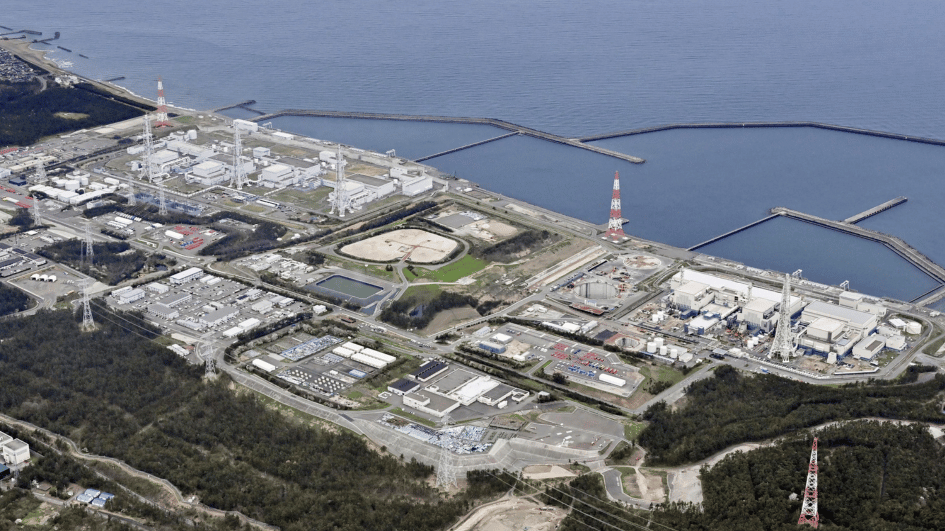
Japanese nuclear safety regulators lifted an operational ban yesterday imposed on Tokyo Electric Power Company Holdings, the operator behind the Fukushima plant that ended in disaster, allowing the company to resume preparations for restarting a separate plant after more than 10 years.
At its weekly meeting, the Nuclear Regulation Authority formally lifted the more than two-year ban imposed on the TEPCO over its lax safety measures, saying a series of inspections and meetings with company officials has shown sufficient improvement.
The decision removes an order that prohibited TEPCO from transporting new fuel into the plant or placing it into reactors, a necessary step for restarting Kashiwazaki-Kariwa's reactors.
The plant on Japan's northern coast of Niigata is TEPCO's only workable nuclear power plant since the March 2011 earthquake and tsunami put its Fukushima Daiichi plant out of operation.
Now the company is burdened with the growing cost of decommissioning the Fukushima plant and compensating disaster-hit residents.
The NRA slapped an unprecedented ban on the operator in April 2021 after revelations of a series of sloppy anti-terrorism measures at TEPCO's Kashiwazaki-Kariwa plant, the world's largest nuclear power complex housing seven reactors.
The Kashiwazaki-Kariwa plant was partially damaged in a 2007 earthquake, causing distrust among local municipalities.
The March 2011 disaster caused stoppages of all 54 reactors Japan used to have before the Fukushima disaster, and prompted utility operators to decommission many of them due to additional safety costs, bringing the number of usable reactors to 33 today.